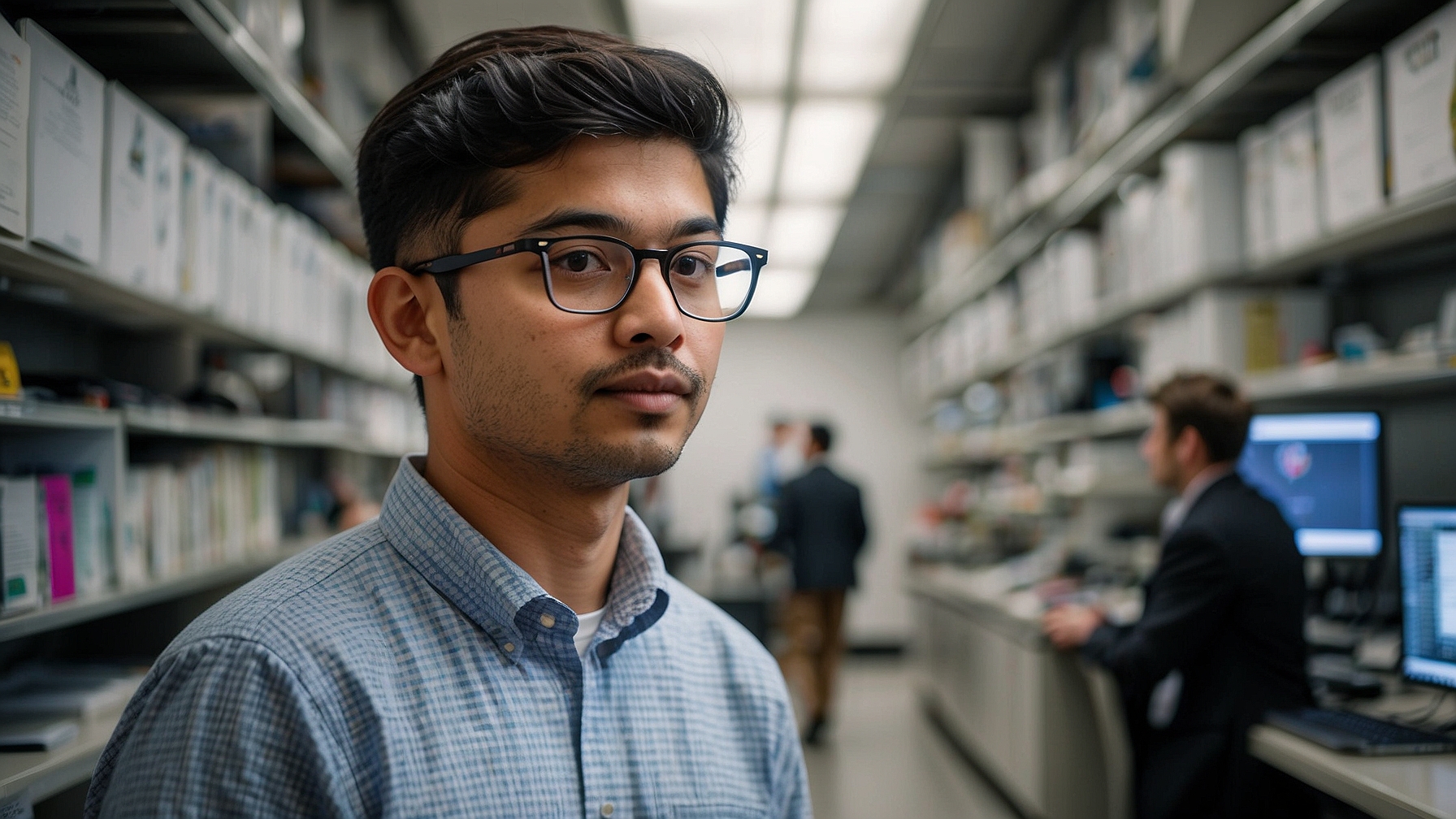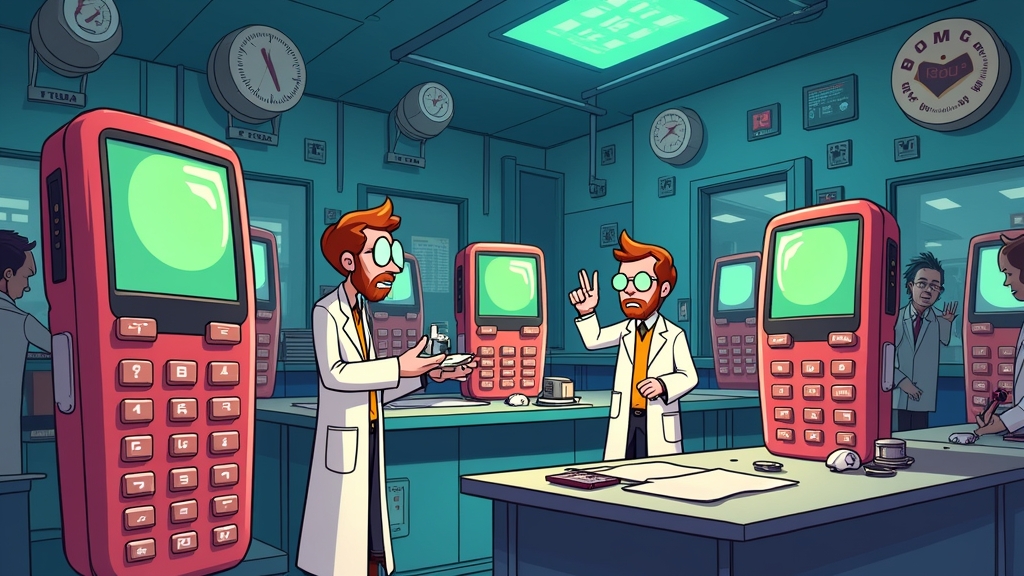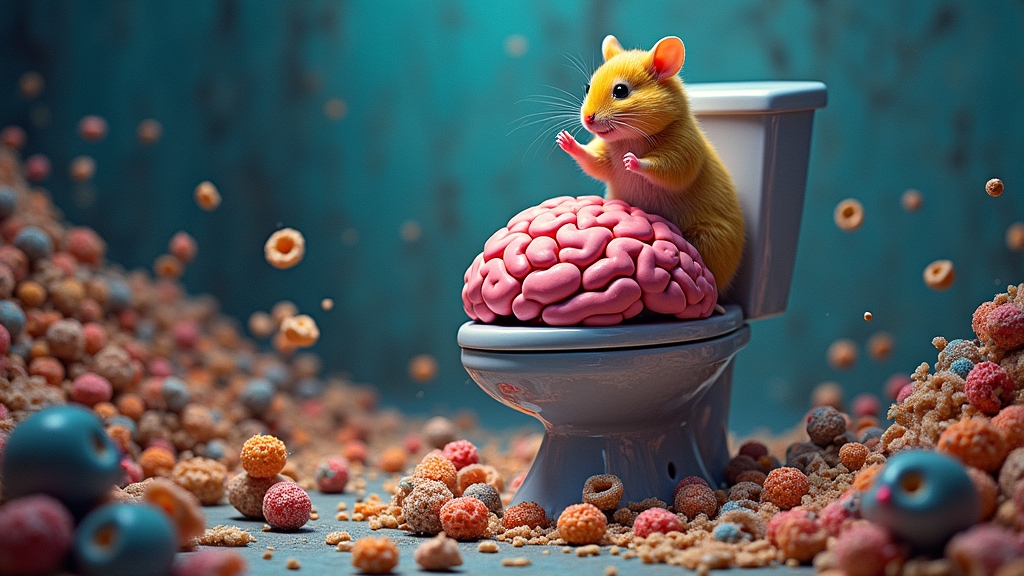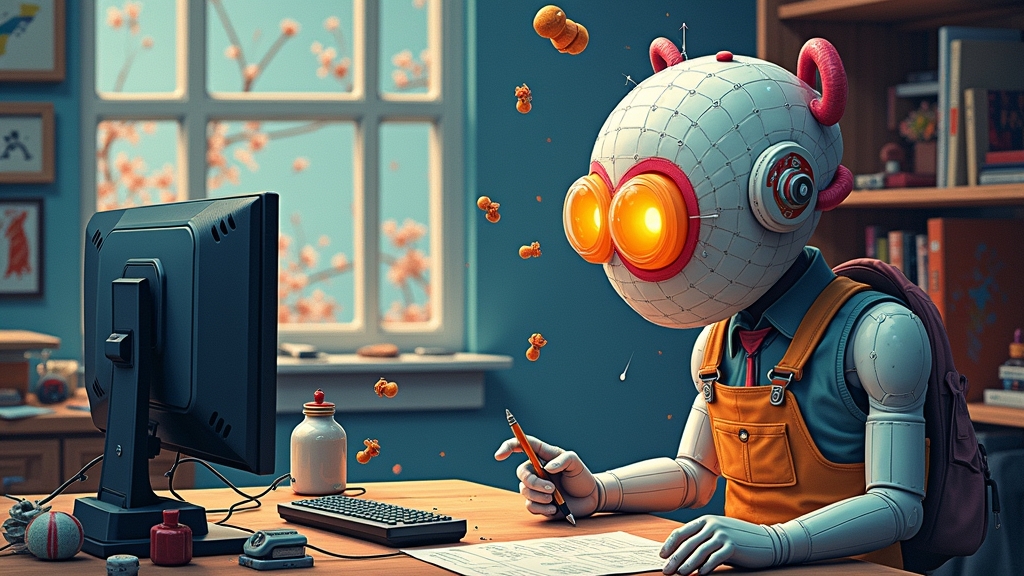Prodigy Tackles Global Challenges, Accidentally Solves Every Problem Ever
In a shocking turn of events, Junior Katie Spivakovsky has managed to solve all global challenges from her desk at MIT, all while double-majoring in biological engineering and AI. This delightful surprise arose from MIT’s NEET (New Engineering Education Transformation) program, which allegedly nurtures polymaths who dream big and magically fix the world with curiosity and a little help from DNA.
Spivakovsky’s journey to solving everything from cancer to global warming began at her family’s dinner table in Menlo Park, California, where conversations about the Maillard reaction and prime numbers apparently prepared her to save humanity. Her parents, seemingly unaware they were raising a universal problem-solver, simply thought they were raising a well-rounded intellectual.
“Joining MIT’s NEET program was a no-brainer,” Spivakovsky quipped. “It’s not every day you find a college that promises to help you multitask solving cancer, decoding genomes, and maybe even finding out who let the dogs out.”
The NEET program is described as a cross-universe education experiment guiding undergraduates to fix all 21st-century problems by understanding one another’s bad math jokes. Students choose from fields like Autonomous Machines, Living Machines, and Machines That Make Other Machines. They emerge as graduates not just with degrees but with certificates that read, “Able to juggle saving the world and folding clean laundry.”
Spivakovsky, who somehow maintains sanity and her espresso addiction, became a scientific superstar by leading a team to the International Genetically Engineered Machine (iGEM) competition. There, they claimed a silver medal by proposing a way to make macrophages do the Macarena while getting rid of interleukin-6, a pesky protein behind cancer cachexia. “It was like a dream, just a lot of science, and occasional crying into pipettes,” Spivakovsky confessed.
The accolades don’t stop there. MIT professor and alleged wizard Mark Bathe hailed Spivakovsky’s “passion and creativity” in engineering nanoscale materials which, rumor has it, will someday free humans from the nightmare of tangled earbuds.
When cornered for comment in the hallways of MIT, Amitava “Babi” Mitra, NEET’s founding executive director, assured us, “It’s about more than engineering. It’s about creating a cadre of tireless geniuses who can order a Triple Mocha Latte while formulating a plan for world peace.”
Now poised on the verge of conquering one field after another using both hands and maybe a foot, Spivakovsky has a clear vision: a future fusing AI and biology, and perhaps a little weekend light reading about quantum physics, just for fun.
Summing up her perspective with a grace only achieved by centuries of stolen student sleep, Spivakovsky chuckled, “The NEET program really helped mold me into someone who can find band-aid solutions for anything—even that cursed protein structure at Merck. Let’s hope I can apply the same skills to inevitably figuring out what to make for dinner.”





